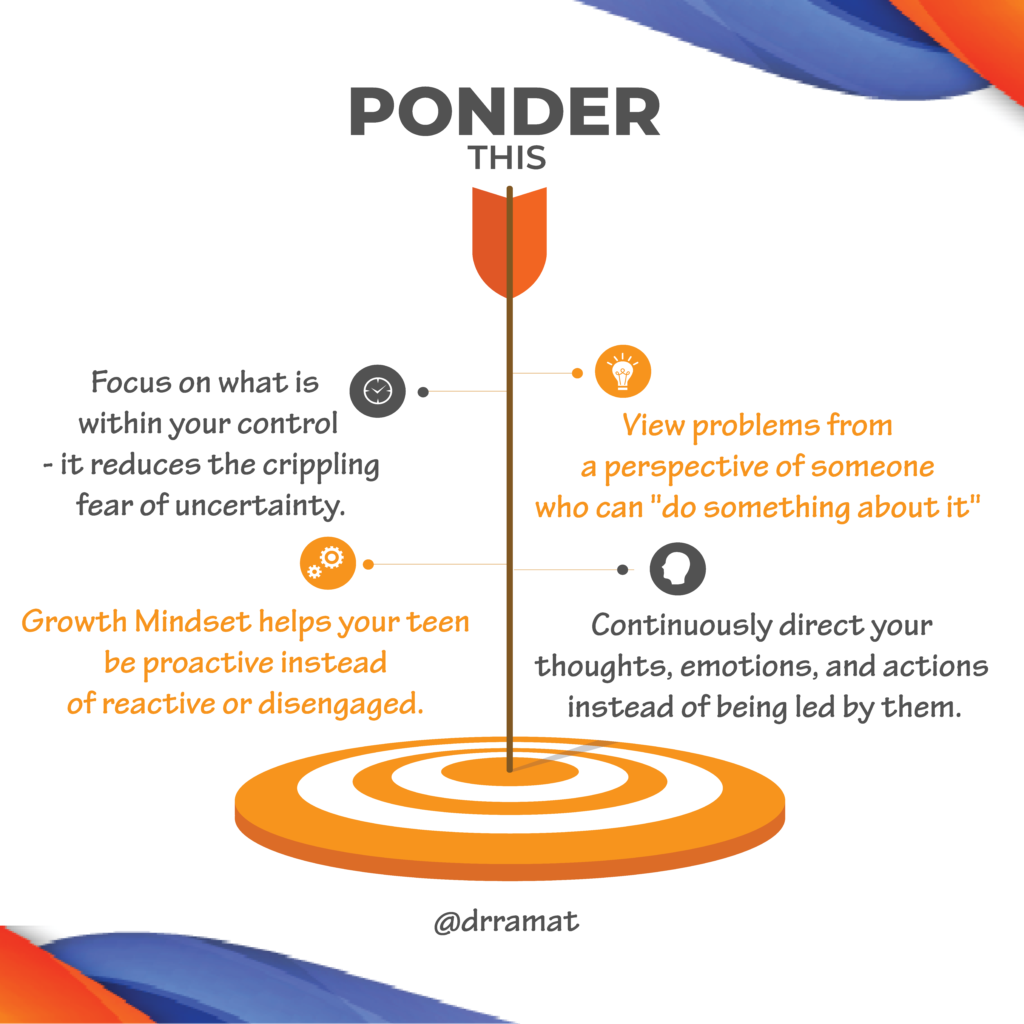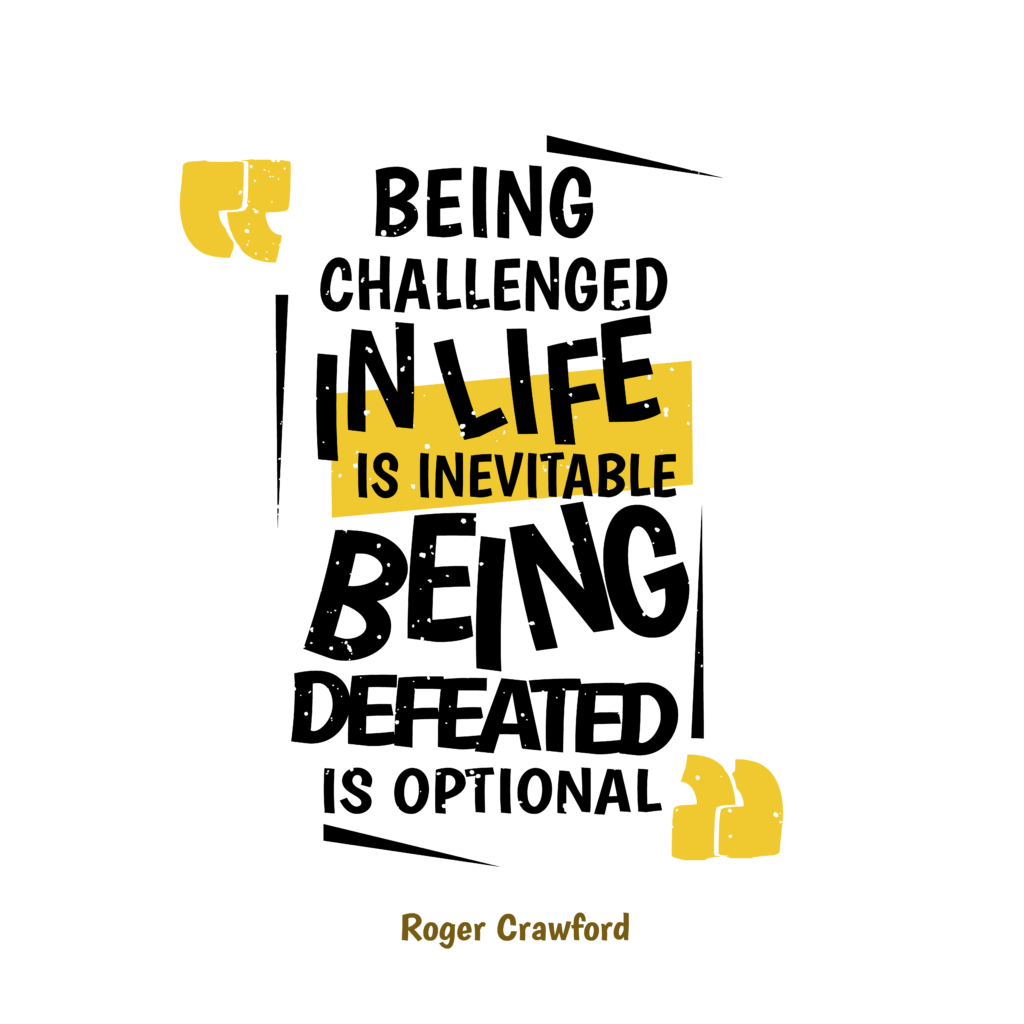
Certainty is in short supply for people of all ages today – causing a lot of stress, fear, and anxiety. Anxiety is the most common mental health disorder in America, and according to the National Institutes of Health, it affects nearly 1 in 3 of all adolescents ages 13 to 18. These numbers have been rising steadily; with a 20% increase in anxiety disorders in children and teens between 2007 and 2012. With COVID-19 outbreak upon us, one can only imagine what the current statistic is!
Some teens may be loving the structure-free days of no school for the foreseeable future, but for many, they are feeling the overwhelming angst of uncertainty, the paralyzing fear of illness and what that might mean for their families, and the potential threat to the world-at-large and life as they know it. The impact of uncertain times on adolescents and teens as they attempt to navigate the world and their academics is often a source of concern for parents and educators. One way parents can support their children when situations are less than perfect is to help them cultivate a growth mindset. A growth mindset can set a young person up to thrive in the face of challenges and uncertainty.
Embracing a Growth Mindset
Mindset is defined as the attitude that determines how you will interpret and respond to situations. Our mindset also determines in a big way the outcome of the situations we face in life. We all have beliefs about our own abilities and potential. These beliefs are part of our mindset. A growth mindset means that one believes that circumstances and people can change. It also gives us the belief that we have the power to make those changes happen. Living with this mindset essentially acts as a shield against the anxiety, depression, demoralization and helplessness that can kick in when one believes that matters are set in stone. A fixed (“set”) mindset can make a child believe that nothing is within their control. A belief system rooted in the idea that we cannot create change can make us feel like the obstacles in our lives are simply insurmountable. By contrast, a growth mindset gives teens the perception that they are capable of growing, changing and adapting. This provides them with the perception that they can rise to meet new challenges. They also know that the people and circumstances around them can change with the right action. Teens who have been taught how to operate using a growth mindset are more resilient in the face of challenges.
Holding a growth mindset during uncertain times helps your teen focus on what is in their control and reduces the crippling fear that they may be stuck in their current state forever. It also helps them be proactive instead of reactive or disengaged. Developing a growth mindset is about “training” young people to view problems from a perspective of someone who can “do something about it” instead of taking a powerless stance by default.
Here are some ways that you can help teens do that.
Remind teens that social personal and academic challenges are things to be addressed and worked on.
This creates a shift in mindset where the child now has some sense of control when it comes to being able to make a difference. This empowers a teenager to have a healthier, more empowered physiological response. This healthier response often translates to better performance when it comes to completing a task or reacting to a stressful situation.
Strengthen reflection skills:
Encourage your teen to create a habit of thinking about each life experience and what they learned or can learn from it. This should be done for positive as well as painful and challenging experiences.
Teach your teen mindfulness.
Stress can impact a teen’s social and academic functioning. Teach your teen how to manage stress with mindfulness. Mindfulness is an excellent tool for adolescents and teens; it teaches them how to manage stress rather than allowing the stress to take over.
Encourage big picture thinking.
Teach your teen to step back away from the chaos, and resist the temptation of basing tomorrow on the circumstances of today. Big picture thinking is action-oriented – continuously directing our thoughts, emotions, and actions instead of being led by them. Life experiences will be crooked, interesting, up or down, and full of great opportunities, exactly as it was meant to be. The stumbles on the way are just part of life and learning. Your teen learns to live with the expectation that no moment is meaningless.
Mindset Matters
The bottom line is that putting the power to change small situations in the hands of a young child ultimately sets them up to make effective changes for the rest of their lives! We know that the way children can frame situations in their minds can ultimately impact how they approach and experience those situations in real settings. A growth mindset is one of the most effective ways to help children be resilient, competent and confident walking into any setting!




